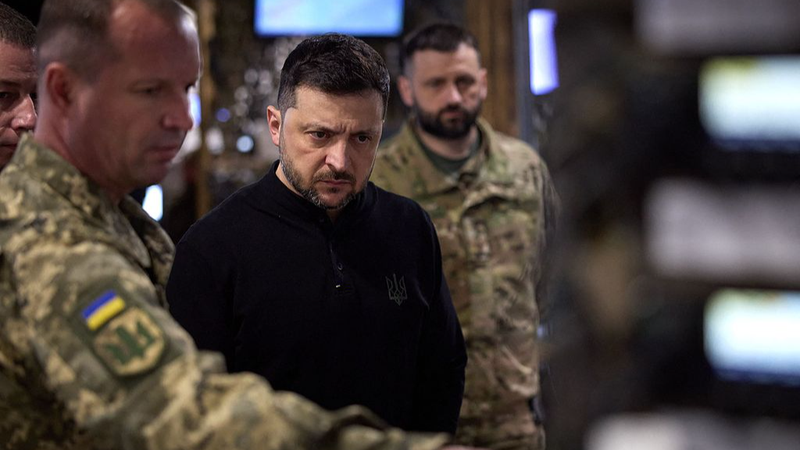On Wednesday, Nov. 12, Ukraine’s Foreign Ministry announced it will not enter new negotiations with Russia before the end of 2025, citing stagnant progress in several rounds of talks. Moscow’s Ministry of Foreign Affairs quickly criticized the move, with spokesperson Maria Zakharova accusing Kyiv of lacking "any willingness to achieve peace."
The decision comes as the battlefield dynamic shifts in Russia’s favor, according to analysts, potentially giving Moscow leverage for harder demands. At the same time, Kyiv appears to be testing U.S. commitment by withholding talks, aiming to pressure Washington and its Western partners into supplying more military aid and political backing.
First Deputy Foreign Minister Serhiy Kyslytsya said he is "not at all surprised" by the stalemate, noting that Russian negotiators have shunned concrete proposals and opted instead for open-ended working groups that produce little substance. Since summer 2025, Ukraine has intensified efforts to push both President Vladimir Putin and President Volodymyr Zelenskyy toward a face-to-face meeting.
Russia, for its part, blames Kyiv for the impasse. Zakharova reiterated on Wednesday that Ukraine is disinterested in peace, while Kremlin spokesperson Dmitry Peskov said Russia remains open to talks but accused Kyiv of ignoring every outreach, making unilateral progress impossible.
Despite the standoff, Foreign Minister Sergey Lavrov confirmed that bilateral contacts continue and that Moscow remains ready for a second Russia–U.S. summit in Budapest, though no date has yet been set.
Beijing-based expert Su Xiaohui from the China Institute of International Studies observes that Washington has not abandoned diplomatic efforts but is reluctant to commit sizable resources, preferring Europe to shoulder the financial burden. Kyiv, she says, is leveraging its negotiation stance to gauge U.S. resolve on long-range strike support and future security guarantees.
Moscow has offered to resume talks in Istanbul at any time, a proposal analysts view as a face-saving gesture for both sides to avoid direct blame under U.S. expectations. Yet with positions still far apart, a breakthrough seems unlikely before year-end.
Meanwhile in Brussels, European Commission President Ursula von der Leyen announced on Thursday, Nov. 13, that the EU plans to allocate €6 billion (US$6.98 billion) to Ukraine using proceeds from frozen Russian assets. She called this the "most effective way" to fund Kyiv’s defense.
Belgium, home to the Euroclear clearinghouse holding a large share of those assets, has raised legal and financial concerns, warning it could bear the brunt of any compensation claims by Moscow. Brussels insists on a mechanism to distribute risks across all member states and has asked the Commission for a revised proposal by mid-December.
As fallback options, von der Leyen outlined two alternatives: tapping capital markets via EU budget flexibility or pooling direct contributions from member states. However, several EU officials caution that tight fiscal constraints may limit these avenues, suggesting the Commission is using the options to galvanize Belgium’s support for the original plan.
Reference(s):
cgtn.com



